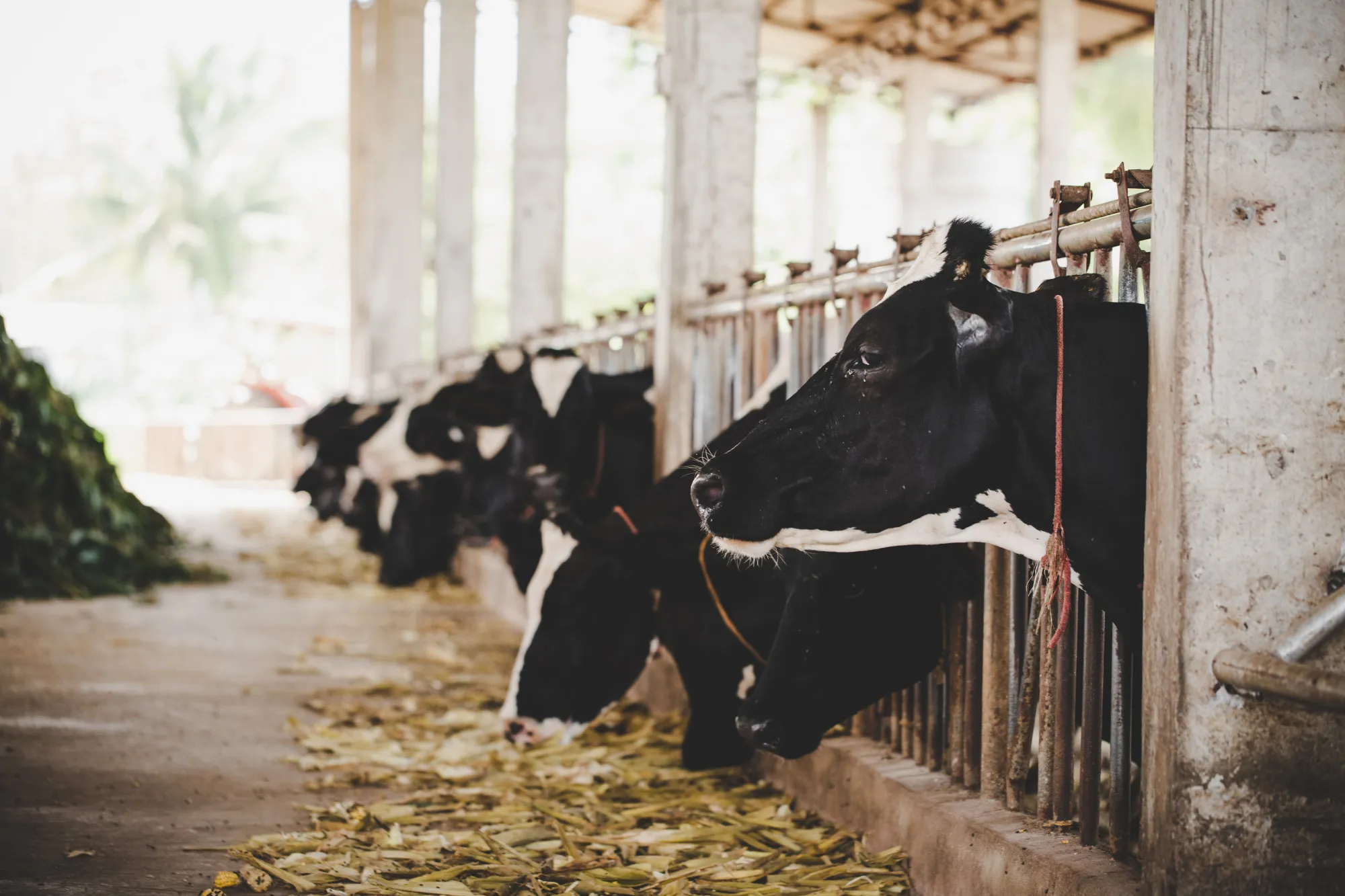Introduction
The quest to improve the quality of meat products is an ongoing challenge within the field of animal biotechnology. A critical factor influencing meat quality is postmortem metabolism, which can significantly affect the pH levels of meat—a determinant of freshness, color, and tenderness. In a groundbreaking study published in ‘Animal Biotechnology’, researchers from Chungnam National University and Suncheon National University in Korea made strides in understanding how DNA methylation, a key epigenetic mechanism, is associated with meat quality, especially in the longissimus dorsi of pigs.
A recent scientific study published in the journal ‘Animal Biotechnology’ has identified key regions in the DNA of pigs that differ in methylation status and are associated with meat quality, particularly in the longissimus dorsi muscle, which is one of the main sources of pork for consumers. The study, titled “Identification of meat quality-related differentially methylated regions in the DNA of the longissimus dorsi,” is a pivotal contribution to the field of animal genetics and meat science.
The Study at a Glance
The research was led by Dr. Park Hyesun and her colleagues at Chungnam National University, along with Dr. Seo Kang-Seok from Suncheon National University. The objective was to explore the relationship between DNA methylation and postmortem energy metabolism, along with pH levels in pork. The study is essential because the pH of meat is a crucial indicator of its quality.
Using state-of-the-art DNA analysis techniques, the researchers examined the methylation patterns of genes like ENO1, GYS2, and SDHC in the longissimus dorsi muscle of pigs. These genes are known to play a role in energy metabolism, which, in turn, influences the pH level and overall quality of meat.
Meat Quality and DNA Methylation
DNA methylation is an epigenetic process where methyl groups are added to the DNA molecule, potentially affecting gene expression without altering the DNA sequence. Changes in methylation can lead to various physiological outcomes, and in the context of meat science, they have been linked to muscle development, metabolism, and the conversion of muscle to meat.
The study’s focus was on identifying differentially methylated regions (DMRs) associated with meat quality traits. The findings confirmed that changes in the methylation status of certain genes significantly correlate with the pH value in the longissimus dorsi muscle postmortem, which ultimately influences meat quality.
Significant Outcomes and Implications
The researchers identified numerous DMRs that exhibited a strong association with the pH of meat, providing insights into how epigenetic modifications can influence meat quality. By understanding which genes are involved in this process and how their expression is regulated through methylation, scientists and meat producers can potentially predict and manipulate meat quality through genetic and environmental interventions.
Moreover, the results point toward the application of this knowledge in selective breeding programs aimed at producing superior meat quality. With this information, breeders could select animals with favorable methylation profiles for meat quality, leading to improvements in the traits that consumers most value.
Technical Analysis and Methodology
The methodology of the study involved DNA extraction, bisulfite conversion of the DNA, and subsequent analysis through quantitative techniques to identify methylation levels across the gene regions of interest. By comparing the methylation profiles between pigs with different pH levels in their longissimus dorsi muscle, researchers were able to pinpoint the exact regions where methylation patterns differed.
Challenges and Future Directions
Despite the successful identification of DMRs related to meat quality, the study highlights the need for further research to fully understand the underlying mechanisms by which methylation affects muscle biology and postmortem changes in meat.
The researchers advocate for a multidisciplinary approach combining genomics, epigenetics, and meat science to achieve a more comprehensive view of the muscle-to-meat conversion process. There is also a need for studies that investigate the environmental and dietary factors affecting DNA methylation in livestock.
Relevance to Industry Stakeholders
For farmers and meat producers, the practical applications of these findings could be transformative. By adopting breeding strategies that consider an animal’s epigenetic profile, it may be possible to enhance meat quality more efficiently than through traditional methods. This could lead to improved competitive advantage and profitability within the meat production industry.
Conclusion
The study by Dr. Park Hyesun and her colleagues represents a significant step forward in the understanding of meat quality at a molecular level. By shedding light on the epigenetic factors influencing the quality of pork, the research opens up new avenues for improving animal breeding programs, meat production processes, and ultimately, consumer satisfaction.
References
1. Park, H., Seo, K.-S., Lee, M., & Seo, S. (2020). Identification of meat quality-related differentially methylated regions in the DNA of the longissimus dorsi. Animal Biotechnology, 31(3), 189-194. doi:10.1080/10495398.2019.1604378
2. Zhang, S., Knight, T. J., Reecy, J. M., & Beitz, D. C. (2010). DNA methylation in the development and pathophysiology of skeletal muscle and meat quality. Meat Science, 86(1), 80-88. doi:10.1016/j.meatsci.2010.04.011
3. Gao, F., & Kiley, P. J. (2014). The role of epigenetics in livestock production: a review. Animal Genetics, 45(6), 751-760. doi:10.1111/age.12216
4. Zhao, S., Li, X., & Zhao, C. (2018). Epigenetic markers for meat traceability in the supply chain. Food Control, 90, 368-374. doi:10.1016/j.foodcont.2018.02.035
5. Kunej, T., & Jevsinek Skok, D. (2013). Epigenetic diversity in livestock: technology, biology, and application. Journal of Animal Science and Biotechnology, 4, 43. doi:10.1186/2049-1891-4-43
DOI for the featured study: 10.1080/10495398.2019.1604378
Keywords
1. Meat quality pork
2. DNA methylation livestock
3. Postmortem metabolism meat
4. Differentially methylated regions
5. Longissimus dorsi pH
